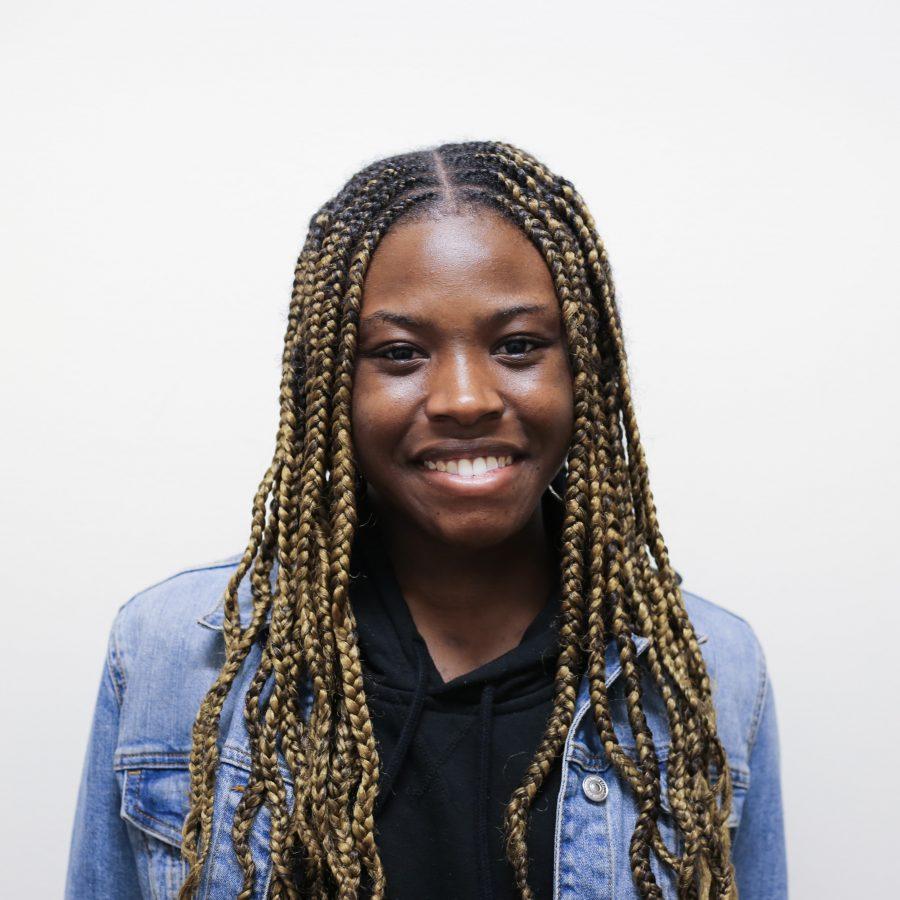Samaya Dillard was a seven-year-old black girl from Sacramento. In December of 2013, Dillard’s second-grade teacher dragged her by her chair outside into the cold and made her stay there as punishment after an argument with another classmate. Dillard remained outside for several hours and eventually went missing, crossing an interstate and straying nearly two miles from her school. She was missing for more than an hour before the school notified the proper authorities. A teacher’s primary responsibility is to create a safe learning environment for her students and punishments should be included in these parameters. This teacher’s version of a timeout was clearly out of line and put the safety of a child at risk. Anything could have happened to Dillard as she sat outside,
alone in the cold.
Teachers are some of the first influences on how children feel they should be treated outside the home. Sadly, for Dillard and other young girls, teachers have failed to provide a safe space for learning and have instead opened the doors to mistreatment. Dillard’s story took place six years ago, but the root issue behind her treatment is only now being talked about. There is a problem that no one is addressing: black girls and women are not protected.
After her emergency C-section in September 2017, Serena Williams suffered serious complications. She felt that she had symptoms of a blood clot and pleaded with her doctors for more medical attention; instead, her doctors ignored her complaints and blamed her symptoms on her post-op medications. Eventually, her screams for help caught her doctors’ attention and she underwent not one, but two emergency surgeries. Williams survived and recovered gracefully, but had the doctors waited any longer, who knows what the outcome would have been. And this was the case for one of the greatest athletes
of all time; someone with money and power.
The media portrays black women as angry and crazy, a reflection of how the world views us and our issues. When a black woman cries for help, she’s looked at through the
lens of that stereotype. When we cry for help, the world thinks we’re crying wolf and
ignores our needs until it’s too late. Statistics speak clearly on the consequences of this:
black women are three to four times more likely to die after childbirth than white women.
From a young age, adults hypersexualize and adultify black girls; they’re seen as more mature than their white counterparts and, because of this, adults fail to protect them. The lack of protection allows us to become an ignored demographic; this leads to a world of danger for growing black girls.
Alexis Crawford’s mother reported her missing on Nov. 1, five days after Crawford filed a police report against Barron Brantley for sexual assault. On Nov. 8, police found Crawford’s body remains at Exchange Park in Decatur County, GA, the same day Brantley confessed to her murder.
There’s a clear trend: society takes a black girl’s cry for help as an over-exaggeration
and fails to take the time to listen. Society puts us in a position where our only secure protection is ourselves. We’re excluded from the concern of those outside of our close family and friends; not enough is being done to remedy the issue.
Through acknowledgment, listening and conversations, society can come to terms with the way it treats black girls. Only we know our bodies, our minds and when we’re in danger, but we live in a society that calls us dramatic and confused for simply stat-
ing our needs. Each day, we lose a part of our community due to the lack of attention
we get for problems we face. Black girls need protection — it’s time for a change.
Opinions expressed on the editorial pages are not necessarily those of WSN, and our publication of opinions is not an endorsement of them.
A version of this article appeared in the Monday, Nov. 25, 2019 print edition. Email Chinenye Onyeike at [email protected].






















































































































































